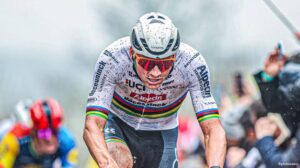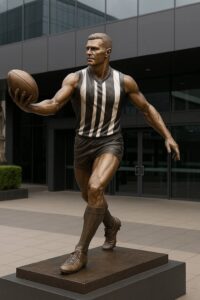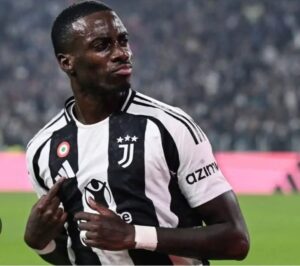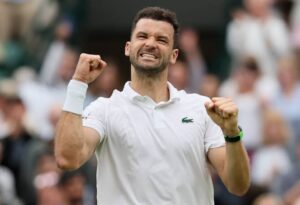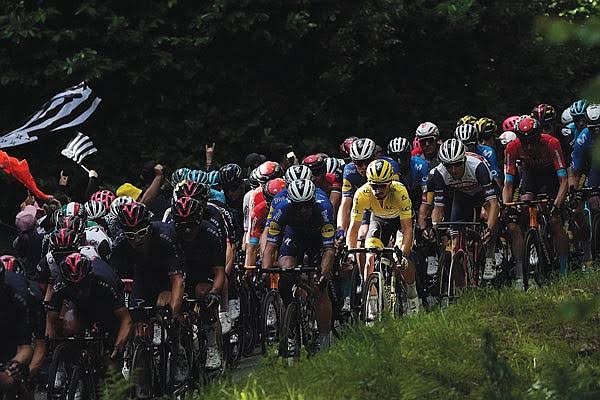
Mathieu Van der Poel’s career is a vivid example of how family legacy can influence and shape personal achievement.
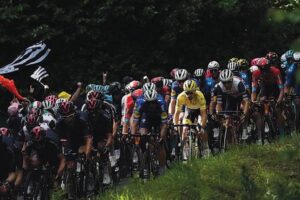
Mathieu Van der Poel, the Dutch cycling star, stands as a testament to both personal talent and familial legacy in the world of professional cycling. His achievements on the bike are a tribute to his grandfather, Raymond Poulidor, a revered figure in cycling history. Despite his own accolades and successes, Van der Poel continually honors Poulidor’s memory, allowing his grandfather’s spirit to guide and inspire him through each race.
Raymond Poulidor, affectionately known as “Pou Pou” in France, was a legendary cyclist whose career spanned the 1960s and 1970s. His reputation was built on a string of near-misses at the Tour de France, where he finished on the podium six times but never claimed the top spot. Poulidor’s perseverance and charisma made him a beloved figure among fans, earning him the nickname “The Eternal Second.” His enduring popularity and work ethic made a significant impression on his grandson, Mathieu.
Mathieu Van der Poel’s rise in cycling has been nothing short of extraordinary. From his victories in the Tour of Flanders and Paris-Roubaix to his dominance in cyclo-cross and mountain biking, Van der Poel has demonstrated a remarkable versatility and skill. His success on the bike has drawn comparisons to his grandfather’s legacy, but Van der Poel’s personal narrative is deeply intertwined with his family’s history.
In interviews, Van der Poel often reflects on how Poulidor’s legacy influences his own career. “Every time I get on my bike, I feel my grandfather’s presence,” he has said. “He taught me the importance of hard work, commitment, and never giving up. These are the values I strive to embody in every race.” This sentiment reveals the deep respect and admiration Van der Poel holds for Poulidor, and how this relationship shapes his approach to the sport.
Van der Poel’s career has been a tapestry of remarkable performances and victories. In the Tour of Flanders, he made a spectacular entrance by securing victory in 2020, a race that embodies the grit and determination reminiscent of Poulidor’s own competitive spirit. Similarly, his triumph in Paris-Roubaix, a grueling one-day race known for its challenging cobbled sections, highlighted his resilience and tactical acumen. These victories are more than personal achievements; they are also a homage to the legacy of his grandfather.
Despite the fame and success, Van der Poel remains grounded and focused on honoring Poulidor’s memory. His humility and dedication to the sport reflect the values instilled in him by his grandfather. Van der Poel often credits Poulidor’s guidance as a key factor in his success, emphasizing that his victories are not only personal milestones but also a way to keep his grandfather’s spirit alive.
In addition to his cycling achievements, Van der Poel’s commitment to preserving Poulidor’s memory extends beyond his own performances. He frequently participates in events and tributes celebrating Poulidor’s life and contributions to cycling. By doing so, Van der Poel helps ensure that the legacy of “Pou Pou” continues to inspire future generations of cyclists.
Mathieu Van der Poel’s career is a vivid example of how family legacy can influence and shape personal achievement. His ongoing tribute to Raymond Poulidor highlights the profound impact that a family member’s values and achievements can have on an individual’s journey. As Van der Poel pedals through his own illustrious career, he carries with him the lessons and spirit of his grandfather, striving to make each ride a reflection of Poulidor’s enduring legacy.

